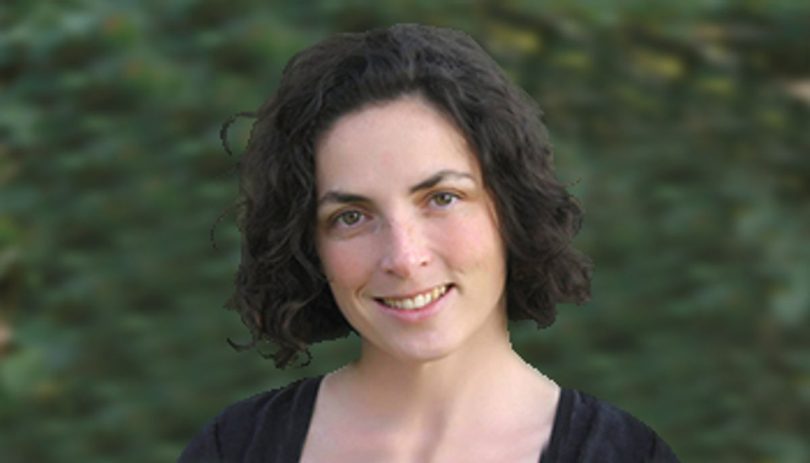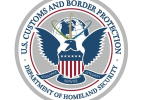Political soundbites from President Trump during his White House meeting with South African President Cyril Ramaphosa have reignited safety fears around South Africa and has put the tourism industry on edge.
With Trump’s references to “white genocide” during that tense Oval Office meeting, local tourism operators are bracing for potential ripple effects on inbound tourism from America.
“Travelers don’t wake up hell-bent on visiting South Africa. They can go anywhere in the world,” said David Frost, CEO of Satsa, South Africa’s inbound tourism association. “But if they start hearing inflammatory things — like Johannesburg being a murder capital — they rule us out.”
Tourism officials say the reality is that while crime does exist in South Africa, it is concentrated in a small number
of urban areas, away from tourism hot spots. Claims like white genocide
also remain unsupported by data. Between April and December 2024 there were
19,696 murders reported nationally; only 34 involved farms, and just
seven victims were farmers. Following the Oval Office meeting, minister Senzo Mchunu issued a statement
saying: “We have respect for the USA as a country, we have respect for
the people in that country and for President Trump, but we have no
respect for this genocide story — at all. It is totally unfounded and
unsubstantiated.”
Terry Murphy from African Budget Safaris said that most clients understand
the reality in South Africa. “Most clients who travel to South Africa are aware that
there are issues with crime,” he said. “But we always go above and beyond in terms
of educating our clients on how to conduct themselves in terms of
awareness of their environment when they are here, especially in the
bigger cities when they are not on Tour or Safari with us. Our U.S. clients
spend most of their time in the national or private parks under the
guidance of seasoned guides.”
Perceived safety risks have always been part of selling Africa, said Craig van Rooyen, director at Tour D’Afrique. Despite a recent rise in quote requests, he notes that “when USA citizens get worried about the news, they tend to hold off on booking.”
“Every day seems to bring new developments and news from Trump, and the Oval Office meeting might soon be forgotten,” van Rooyen added. “Only time will tell if our current requests will be confirmed or if clients will decide to postpone their plans to another period,” van Rooyen added.
From the U.S. market perspective, Jim Holden, president of Holden Safaris, said he believes any fallout will be limited. Although there will be some cancellations and postponements, “It won’t be like Covid,” Holden said. His advice to the South African trade is to show goodwill: “Being ready and willing to delay safaris at crisis time creates so much goodwill.”
But are Americans welcome?
Holden also flags an emotional undercurrent that is currently determining American travel behavior abroad: “Americans think the world now hates all Americans,” he said, and even had one client cancel over fears they’d be spat at or met with hostility in South Africa.
Murphy has heard similar concerns but emphasizes that U.S. tourists are welcomed warmly in South Africa: “The only concern is this unfounded perception that if South Africans hear someone is from the USA, they wouldn’t be warmly welcomed, but that’s not the case all,” Murphy said.
He said he believes most South Africans see through what he calls political showboating: “I firmly believe the USA will continue to be a great source market. … Judging by our bookings, traveler numbers will keep growing.”
Yet it’s not just immediate reactions that worry operators, it’s how long negative perceptions stick around.
“The real risk lies in narrative lag,” said Don Scott, owner of Tanda Tula Lodge. “For the tourism industry, especially at the luxury and conservation-oriented end, trust and perception are everything. We’ll need to be proactive in communicating the realities on the ground: that travel here remains as safe, enriching and life-changing as ever; that our conservation and community models are robust and apolitical; and that South Africa’s natural beauty and hospitality continue to shine through despite the noise.”
The country has invested heavily in proactive visitor safety efforts,
including the national Tourism Safety Helpline, enhanced security
visibility around tourist hotspots and the Secura Traveller App for
24/7 emergency assistance.
“South Africa isn’t perfect. Like every country, we face challenges. But
what we don’t have is a crisis that justifies global panic or distorted
narratives,” Satsa’s Frost said. “What we do have is millions of
tourists arriving safely every year, and leaving with stories that have
nothing to do with fear and everything to do with awe.”
He urged responsible engagement when discussing complex issues that affect tourism.
“This sector employs hundreds of thousands. It puts food on tables from Soweto guesthouses right through to safari camps in Limpopo. And in South Africa, one tourism job typically supports up to seven people, meaning a single traveller’s decision has a ripple effect across entire households,” Frost said. “If you want honest answers about what travel here looks like today, ask someone who’s actually been, or better yet, come and see for yourself.”










